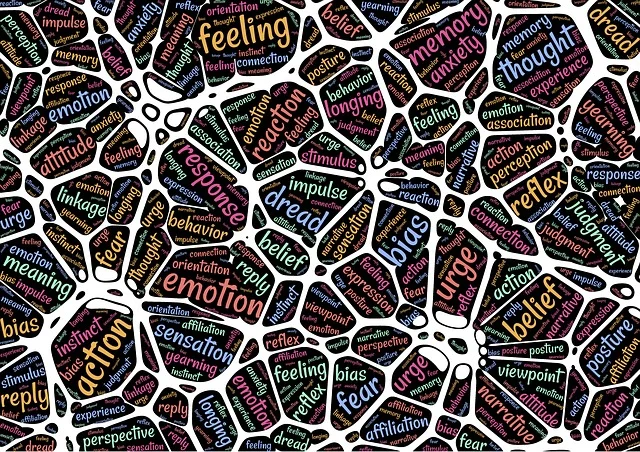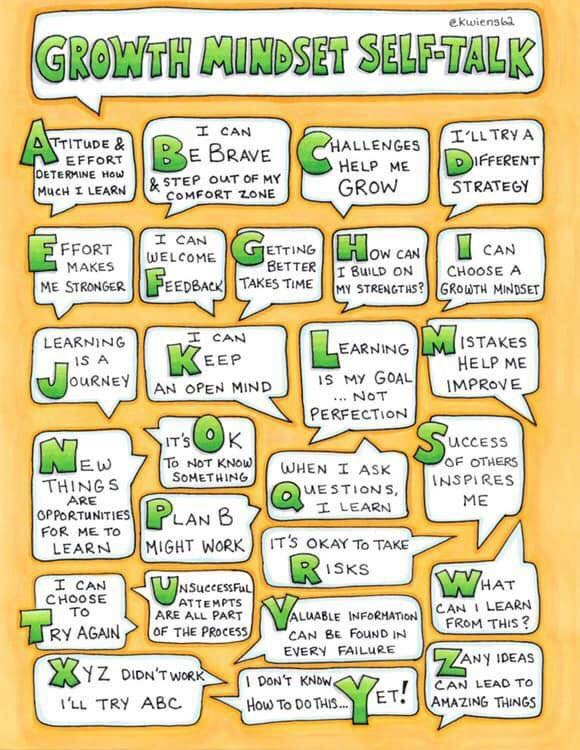Mind how you go – do you need to change your mindset?
Courage and savvy planning for career change' externals' like stable finances and strong networks make a world of difference. That said, there's one 'internal' thing with game-changing potential.
How well you navigate your career change has lots to do with your mindset.
Your mindset is the collection of beliefs that shape your habitual ways of thinking and acting. If managing the 'change' in career change is giving you grief, looking at your mindset may help.
Fixed or flexible – how's your mindset?
Embarking on career change drops you deep in the realm of possibility.
You’ll be exploring your strengths and potential to do things differently. Having a fixed or flexible mindset determines how you rise to this challenge and view your successes and failures.
A fixed mindset believes in luck and limits
Questions of 'potential' are tough for fixed mindset folk who believe that luck and genes' gift' us a finite quota of strengths and talents. Having a great career proves that you were born with the 'right gifts.' If you missed out in the genetic lottery, no matter what you do or how hard you work, you'll never transcend your limits.
A fixed mindset drives you to try to 'be good' by proving you have enough of whatever it takes to succeed. It pits you against everyone and anyone by demanding that you 'measure up' as smarter and stronger than "the rest.'
Entering uncharted career change territory with a fixed or 'be good' mindset can set you up for an exhausting and dispiriting time. When things go awry, a fixed mindset sees this as evidence that 'something is wrong with you.' An unsuccessful interview or a cold call knockback is proof of how ill-equipped and unworthy you are.
This thinking makes it hard to hold on to the resilience and optimism you need to change careers
A flexible mindset believes in talent and tenacity
Alternatively, a flexible mindset helps you thrive on challenge and change. Flexibly minded people want to improve rather than prove themselves. They bring a 'get better' mindset to the uncertain, adventurous business of changing careers. A flexible mindset understands that setbacks are skill builders and signposts en route to achieving a personal best. Failure is feedback on performance, not an adverse finding on your personality.
This mindset frees you to compete with yourself and connect with the world on your terms. It understands 'the power of not yet' over 'the tyranny of now.' When developing your career potential, 'getting better' means staying curious, practicing hard, and treating yourself kindly.
Finally, a flexible mindset helps you avoid negative career change assumptions that can sabotage your progress.
Fortunately, mindsets can move from fixed to flexible thanks to our cerebral superpower called neuroplasticity. Ditch an unhelpful idea or learn a new skill, and your amazingly elastic brain will begin to adapt.
See part 2 - 3 ways to change your career change mindset.
By Jo Green, Career Change Coach
I know that when you find what you love, heart and soul, your life changes. I work every day with people who are reshaping their current careers, starting new enterprises or searching for a new direction. Basically I help people who don’t like their job to figure out what to do instead!
As a Careershifters and Firework Advanced Certified Coach and experienced career changer myself, I can help you figure out what fulfilling work looks like for you.
Drop me a note to organise a free 20 minute consultation to chat about your career change and how coaching could help.













